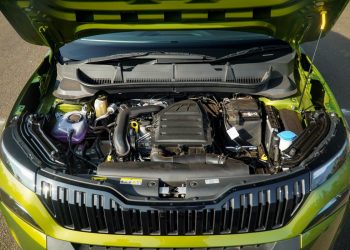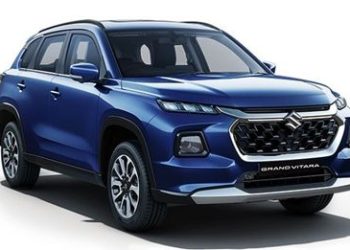Self-driving cars Mobileye allowed testing anywhere in Germany
In July 2020, Mobileye, a machine vision and software development company for self-driving cars, announced that TÜV Süd, an independent technical service provider in Germany, had authorized it to test self-driving vehicles. The permit gave Mobileye the ability to test the vehicles in real driving conditions on all German roads at speeds up to 130 km / h. Soon, tests began in Munich, which later covered the motorways connecting the administrative center of Bavaria with other cities.

Video of the day: self-driving car Mobileye testing in Munich and on the Autobahn
A video published by Intel, which bought Mobileye for $ 15.3 billion in 2017, gives an idea of how the tests are going. In the video report, which lasts almost an hour, a self-driving car moves through city streets and the Autobahn. The video demonstrates the “unmatched ability” of the self-driving system to drive in challenging conditions, Intel said, drawing on Mobileye’s Road Experience Management (REM) high-definition mapping technology. The peculiarity of this technology is that the data for creating maps and keeping them up to date is constantly generated by a huge number of cars equipped with driver assistance systems. According to Mobileye, more than 15 million kilometers of roads are reported daily.
Note that the self-driving system of the tested vehicle has only cameras. At the same time, the car develops a speed of up to 130 km / h, turns left at a busy intersection, changes lanes, avoids obstacles, and performs other difficult maneuvers. All this is done safely, taking into account the environment as much as possible.
As for the cameras, there are 11 of them. The video from them is processed by two Mobileye EyeQ 5 single-chip systems. The camera subsystem is part of the Mobileye L4 self-driving motion system. The second subsystem includes radar and lidar.










